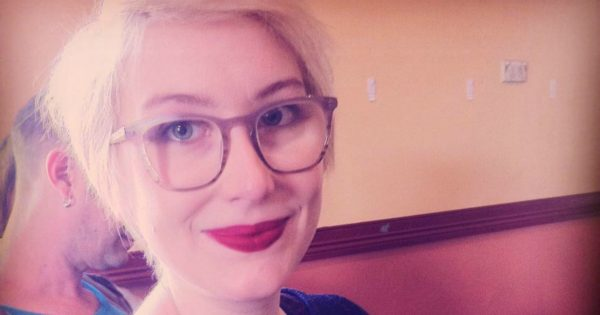Advertisement
22-year-old Natashjja Heming spent the past nine years in pain. Since she was 13, she’d been experiencing pain on the left side of her pelvis. There was first a “pulling” sensation, which slowly grew into sharp, chronic pain.
For the first year, Heming pushed away her worries, telling herself it was simply part of being a woman.
But when the pain continued to get worse, Heming finally went to her mother for advice. Endometriosis, a medical condition where the tissue that lines the inside of the uterus grows on the outside instead, ran in their family, so Heming’s mother feared that Heming suffered from this condition as well.
When Heming went to see the doctor, however, the doctor didn’t want to perform invasive procedures since Heming was so young. He simply told her to take pain killers to keep the pain suppressed.
Heming did as the doctor advised, but the pain only continued to get worse. She gritted her teeth and stuck it out until she was 22. At that point, the pain was simply unbearable. Her cramps were so bad, they would cause her to faint.
That was when Heming went to visit a new doctor. This doctor began by running an ultrasound scan on Heming’s belly.
It didn’t take long to discover what was wrong: Heming had a cyst, about the size of a peach, growing around her left ovary. Inside the growth was a combination of human hair, three teeth, brain matter, spinal fluid, and skin tissue.
The doctor had no clue how this growth got there, and could only tell Heming that it needed to be removed as soon as possible. Between the discovery of the cyst and its removal, Heming tried to disguise her fear by joking that she had eaten her twin when they were in the womb. (Her family had a history of twins.)
Unfortunately, the removal surgery didn’t go as smoothly as planned. Because the cyst was wrapped around her ovary and part of her fallopian tube, the growth burst during the procedure. Recovery was “super painful” and took far longer than she’d originally anticipated.
Thankfully, Heming is now fully recovered. Her harrowing experience, however, has since encouraged her to become an advocate of women’s health: “Go to a good doctor and don’t stop until someone listens.”




